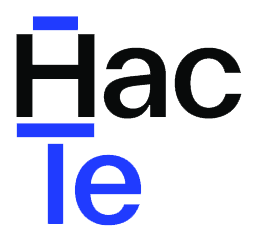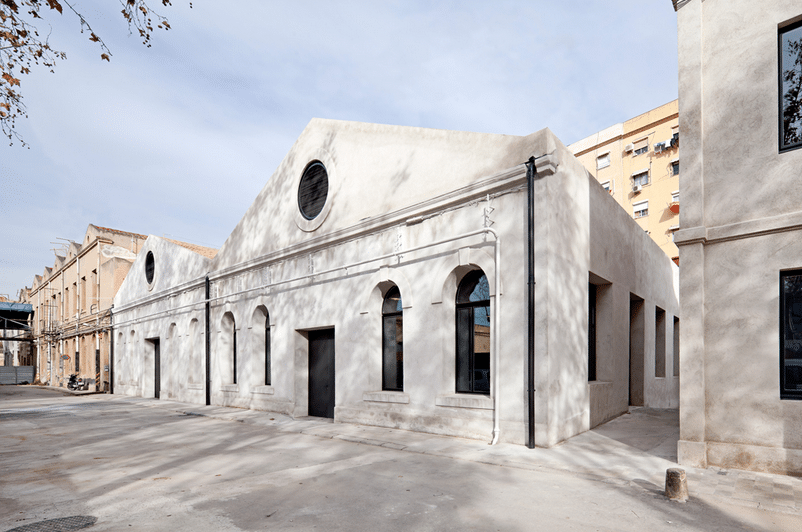In recent decades artists have increasingly worked on the problems and the modes of enquiry of other disciplines and fields. The findings, styles of thought, and habits of operation and conduct of the sciences, sociology, mathematics, literature, governance and education, amongst others, have become resources for reworking and expanding. They are used to probe questions of power, imagination and invention. This condition has multiple roots. Some are quantitative, due to the expansion of art schools and the sheer volume of people trained and prompted to rework ideas in a reflexive manner characteristic of contemporary art. Others are to do with the changing terrain of post-conceptual art and its multiple tendencies, including what is discussed as research. Some of this includes an engagement with sciences and the adoption and alteration of their working methods. Such work includes approaches ranging from treating disciplines and their objects as “found objects” or of elaborating techniques of mutual interest. Others rework the idea of art into a process of learning and becoming in education or in forms of political and ecological direct action or speculation and also, uniquely to art, a mobilisation of what is rejected or expelled by disciplines.
These tendencies suggest that art is fragmentarily emerging as something that might be called a meta-discipline: a mode of work whose operation includes both working in other disciplines and to act upon them. Mathematics and philosophy have been key meta-disciplines for a long period. They work in and on both the conditions of possibility and the working matters of other fields.
Art has historically been allocated the role of working on sensation and feeling via representation. In the present, art also works on concepts, institutions, techniques and information, including the workings of these prior-metadisciplines. This workshop will examine aspects of the genealogy and potential of this tendency. The workshop will consist of an introductory talk and then a mapping exercise, all artists, curators, organisers and anyone interested are very welcome.
June 27 from 12h to 14h
Hangar
In recent decades artists have increasingly worked on the problems and the modes of enquiry of other disciplines and fields. The findings, styles of thought, and habits of operation and conduct of the sciences, sociology, mathematics, literature, governance and education, amongst others, have become resources for reworking and expanding. They are used to probe questions of power, imagination and invention. This condition has multiple roots. Some are quantitative, due to the expansion of art schools and the sheer volume of people trained and prompted to rework ideas in a reflexive manner characteristic of contemporary art. Others are to do with the changing terrain of post-conceptual art and its multiple tendencies, including what is discussed as research. Some of this includes an engagement with sciences and the adoption and alteration of their working methods. Such work includes approaches ranging from treating disciplines and their objects as “found objects” or of elaborating techniques of mutual interest. Others rework the idea of art into a process of learning and becoming in education or in forms of political and ecological direct action or speculation and also, uniquely to art, a mobilisation of what is rejected or expelled by disciplines.
These tendencies suggest that art is fragmentarily emerging as something that might be called a meta-discipline: a mode of work whose operation includes both working in other disciplines and to act upon them. Mathematics and philosophy have been key meta-disciplines for a long period. They work in and on both the conditions of possibility and the working matters of other fields.
Art has historically been allocated the role of working on sensation and feeling via representation. In the present, art also works on concepts, institutions, techniques and information, including the workings of these prior-metadisciplines. This workshop will examine aspects of the genealogy and potential of this tendency. The workshop will consist of an introductory talk and then a mapping exercise, all artists, curators, organisers and anyone interested are very welcome.

